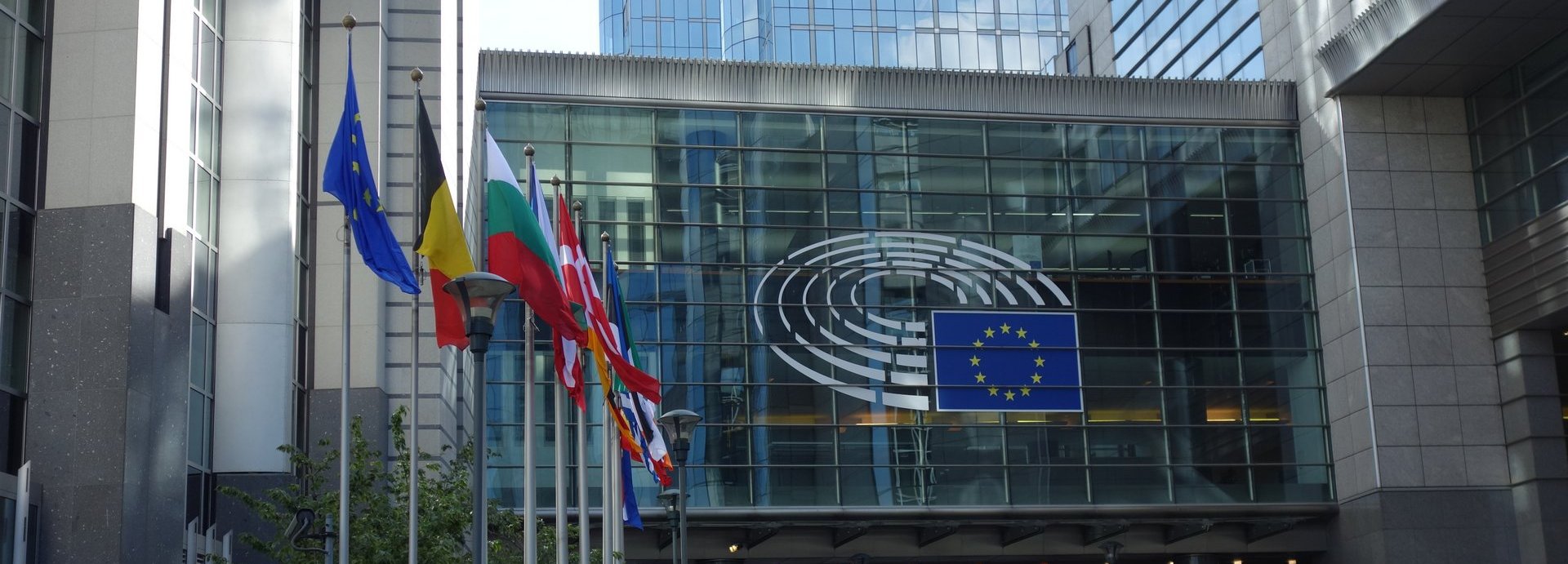
The German Renewable Energy Federation (BEE) welcomes the intention of the European Commission (EC) to reduce net emissions of greenhouse…
3. Juni 2020
The German Renewable Energy Federation (BEE) welcomes the intention of the European Commission (EC) to reduce net emissions of greenhouse gases (GHG) to zero by 2050. As European emissions have been stagnating for several years, the courageous implementation of the European Green Deal is absolutely necessary to initiate much needed change in all sectors involved. In this context, BEE fully supports the EU EC’s perspective that buildings are indispensable for achieving carbon neutrality by 2050. BEE, however, emphasizes that the renovation wave should not be limited to energy efficiency measures as renewable heating applications allow low-cost decarbonisation. BEE agrees that current renovation rates across Europe are insufficient for massive reductions of GHG emissions. As building renovations are capital-intensive and long-term in nature, a strategic approach is needed to mobilize the market and to tackle existing barriers.
The listing of different barriers in the EC’s roadmap illustrates the multi-dimensional complexity of building renovations. In order to accelerate the use of renewables for heating (and cooling) a particular focus of the renovation wave should be put on existing barriers to a rapid uptake. Obviously, the full range of renewable heating applications - heat pumps, biomass CHP/boilers, solarthermal and geothermal applications etc. - will be needed to cover the energy demand of the sector towards 2050. Therefore, a massive acceleration of aforementioned technologies‘ installation rates is needed. BEE suggests an in-depth investigation of existing barriers to achieving this goal. Such investigation must address the market conditions on EU level for technologies based on renewable energies. We see two major barriers which must be addressed by a renovation wave initiative in line with the goal of climate neutrality. First, still existing direct and indirect subsidies for fossil energy delay or even prevent the installation of technologies based on renewable energies in the heating and building sector. Effective carbon pricing and implementing the polluter-pays principle would facilitate a much faster uptake and effective and efficient integration of different renewable energy technologies in the heating, cooling and building sector. Financially rewarding or supporting fossil and nuclear energy while in parallel supporting increased use of renewable energies at the same time should definitely be avoided. It is necessary to evaluate any policy measures beforehand on whether the impact would lead to fossil fuel lock-in for heating and cooling and in the building sector in general.
Secondly effective funding programmes to stimulate the use of renewable energy-based technologies are needed on EU level and on national, regional and local level. The renovation wave initiative should address the implementation of such programmes. The German “Market Incentive Programme” (MAP) is a proven tool to help individuals, companies and municipalities to trigger the necessary investments in the building sector. Thus, the renovation wave should develop a similarly effective tool coordinating national and sub-national programmes and where appropriate establish supporting measures on EU level.
BEE welcomes the application of the subsidiarity principle for the renovation wave. The complexity of housing renovation requires a joint effort on all governance levels. Noteworthy, housing renovation and the production of renewable heat or cold is typically marked by local conditions. As local authorities are most familiar with local conditions, a continuous and target-oriented exchange between authorities on different levels seems to be promising. We welcome the ambitious goal of the imitative to increase renovation rates across Europe and to substantially decrease GHG emissions in the building sector. A strategic approach is necessary; an action plan with concrete measures to address main barriers and to reinforce the pull factors for faster and deeper renovation is certainly a promising approach.
BEE welcomes the EC’s commitment to regular consultation of citizens and stakeholders as well as the flexibility to organize web-based public consultations during the Covid-19 crisis. Consultations should be held on a regular basis and therefore allow all interested stakeholders and social groups to participate and express their views. In this context, the EC should encourage local authorities in their moderating roles to promote energetic renovations of neighbourhoods and districts, to activate local stakeholders (housing industry, craftsmen, utility companies, neighbourhood initiatives, cooperatives etc) and to support capacity building and networking approaches.
At least in Germany, data availability on non-residential and public buildings is insufficient. As data gaps restrict scientific research, a sophisticated strategic approach to close data gaps is necessary. The EC should therefore put a particular focus on closing data gaps.
The German Renewable Energy Federation (BEE) welcomes the COM proposal to reduce GHG emissions by at least 55 percent by 2030.
The German Renewable Energy Federation (BEE) welcomes the COM proposal to reduce GHG emissions by at least 55 percent by 2030.
The smart sector integration strategy provides the chance to be the much-needed roadmap for an integrated energy system for a climate-neutral Europe.…
„Auf Europäischer Ebene ist ein Erneuerbare-Energien-Ziel von mindestens 35 Prozent unverzichtbar, um die Zusagen der EU im Rahmen des Pariser…